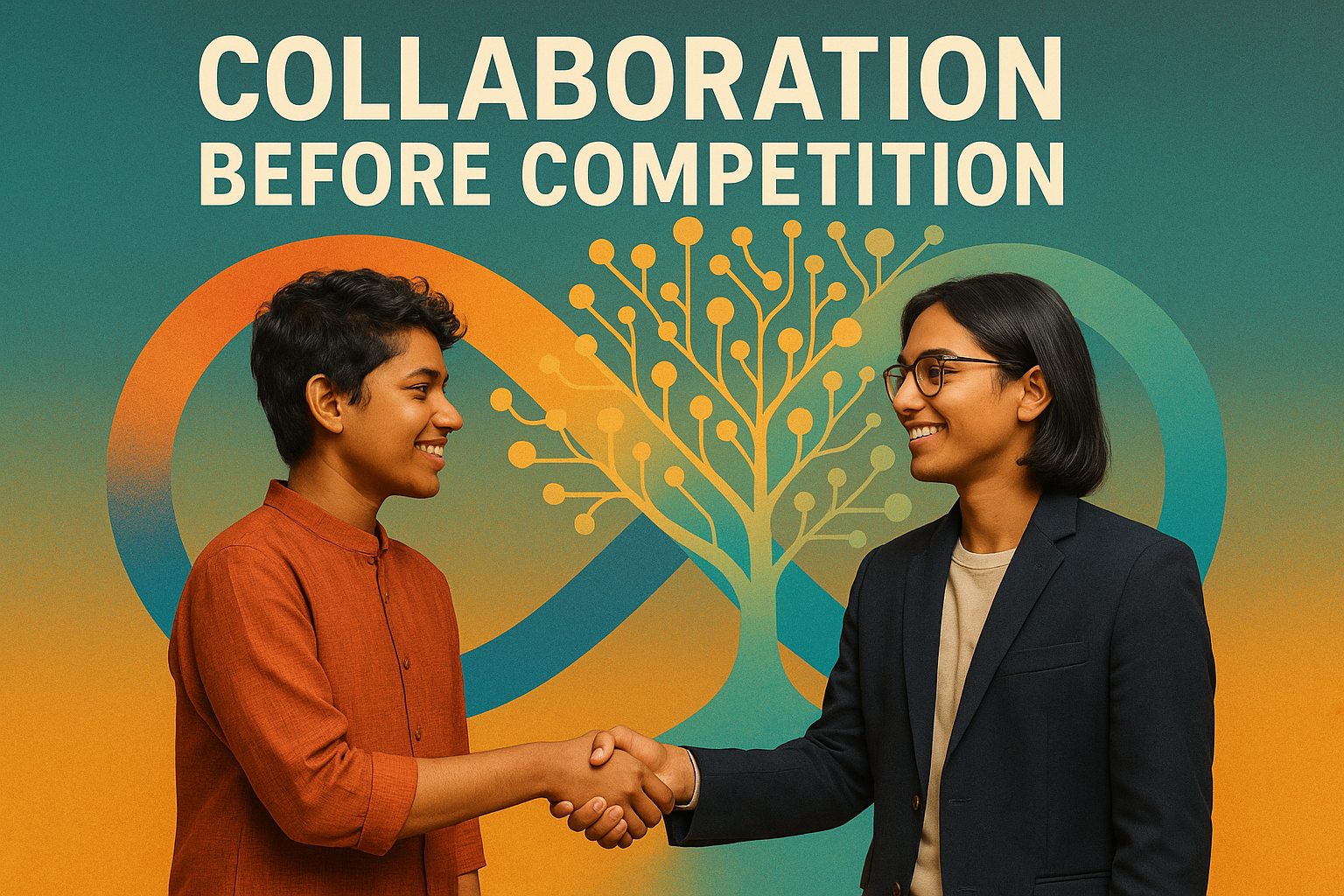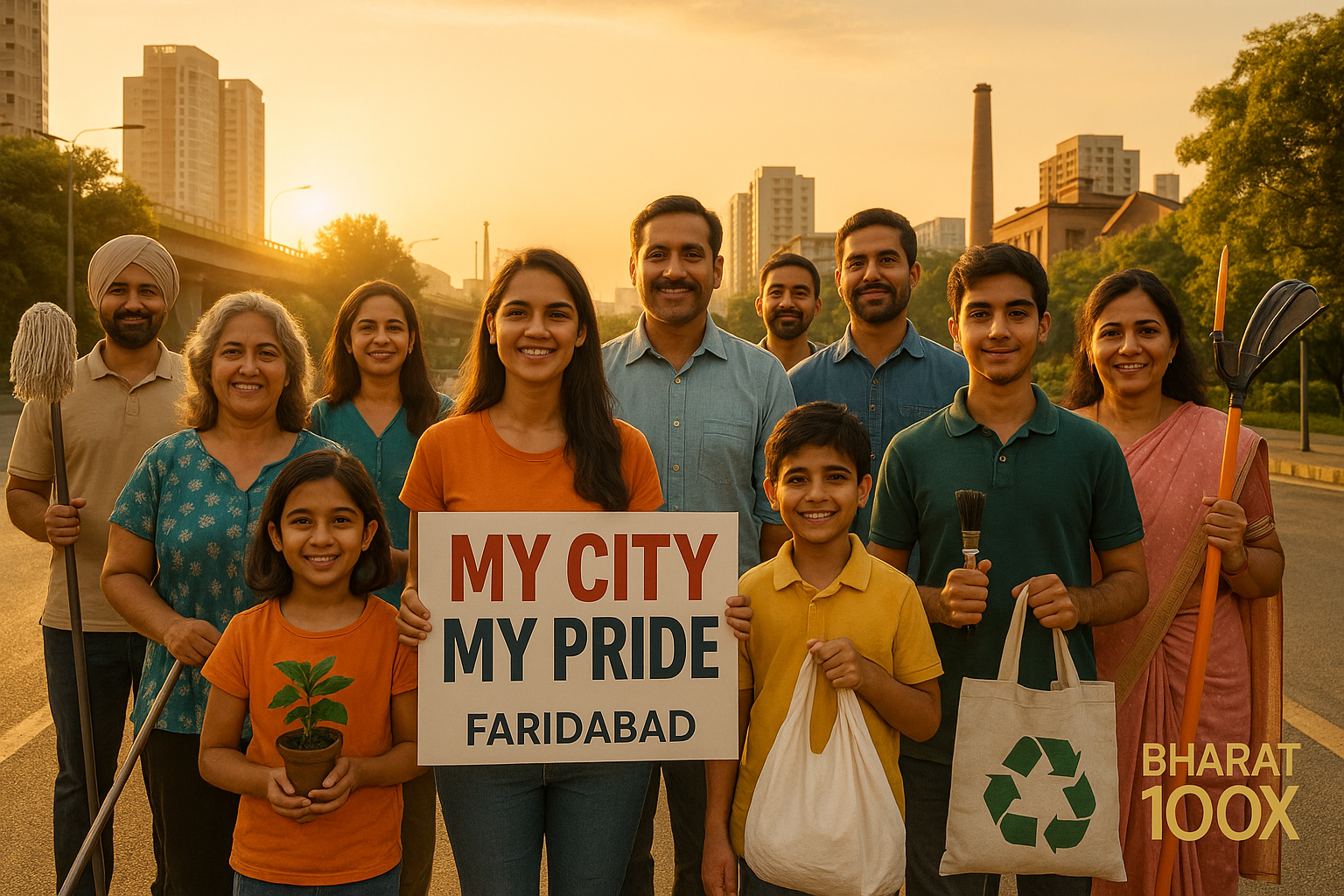What makes a society truly great? It’s not just economic growth or technological prowess. The real strength of a city, state, or country lies in the shared sense of purpose and responsibility among its citizens. This is the essence of collective consciousness—a powerful social force that can transform a group of individuals into a unified tribe working for the common good.
1. WHAT is Collective Consciousness?
Collective consciousness, a term coined by sociologist Émile Durkheim, refers to the set of shared beliefs, ideas, and moral attitudes that operate as a unifying force within a society. It’s the “group mind” or the “social glue” that binds us together. Think of it as an invisible social script we all follow that tells us what is right, what is wrong, and what we should strive for as a community. When this collective consciousness is strong and positive, it drives progress, fosters harmony, and inspires collective action. When it’s weak or fragmented, a society struggles with disunity and a lack of civic purpose.
2. WHY is it so important for our City, State, and Country?
A strong collective consciousness is the foundation of a Viksit Bharat (Developed India). It shifts the mindset from individual gain to collective well-being. When we act with a shared purpose, we build trust, create social cohesion, and solve problems more effectively. It’s the difference between a city where people litter indiscriminately and one where residents take pride in keeping their streets clean. It’s the force that enables a community to come together to manage a crisis, a state to implement large-scale reforms, and a nation to achieve its full potential on the global stage. It is the engine of social progress.
3. WHO needs to participate?
Everyone. A collective consciousness is not a top-down mandate; it’s a bottom-up movement. It requires active participation from all sectors of society.
- Citizens: Every individual’s actions, no matter how small, contribute to the collective. From recycling at home to speaking up against injustice, your actions shape the group’s conscience.
- Government: Leaders must act as facilitators, creating policies that encourage civic engagement and build trust. Transparency and accountability are key to strengthening the collective bond between citizens and the state.
- Businesses: Industries have a role to play beyond profit. Their ethical practices, environmental responsibility, and community initiatives can inspire a sense of shared purpose.
- Educational Institutions: Schools and colleges are crucial for instilling civic values, critical thinking, and a sense of social responsibility in the next generation.
4. WHERE can we apply its essence?
The principles of collective consciousness can be applied everywhere, from our local neighborhoods to the national level.
- City: We can create “Conscious Citizen’s Collectives” to address local issues like waste management, traffic congestion, and public space maintenance.
- State: The essence can be utilized to unite people around shared goals, such as improving public health, promoting literacy, or fostering economic development in underserved regions.
- Country: At a national level, collective consciousness can be leveraged to build a sense of national pride and unity. It’s the spirit behind a country’s ability to act as a unified force during national events or international crises.
5. WHEN should we start?
The best time to start is now. The need for a unified and conscious society is more urgent than ever. We cannot wait for others to act; we must become the catalysts for change ourselves. By integrating the principles of collective consciousness into our daily lives, we can begin the transformation today.
6. HOW do we build it?
Building a strong collective consciousness is a continuous process that involves small, consistent actions.
- Lead by Example: Be the change you wish to see. Your positive actions—conserving water, helping a neighbor, or simply smiling at a stranger—are contagious.
- Amplify Positive Stories: Use social media and community platforms to celebrate acts of kindness and civic responsibility. Positive reinforcement builds a culture of shared pride and motivates others.
- Create Shared Experiences: Organize community events like clean-up drives, cultural festivals, or tree-planting ceremonies. These shared experiences build a sense of belonging and strengthen social bonds.
- Engage in Dialogue: Talk to your friends, family, and colleagues about the importance of collective responsibility. Encourage them to be part of the solution rather than part of the problem.
By embracing the power of ‘WE’, we can transform our communities and, in doing so, help create a city, state, and country that is truly great.
ARE YOU READY? CONNECT TODAY!





Hi, this is a comment.
To get started with moderating, editing, and deleting comments, please visit the Comments screen in the dashboard.
Commenter avatars come from Gravatar.